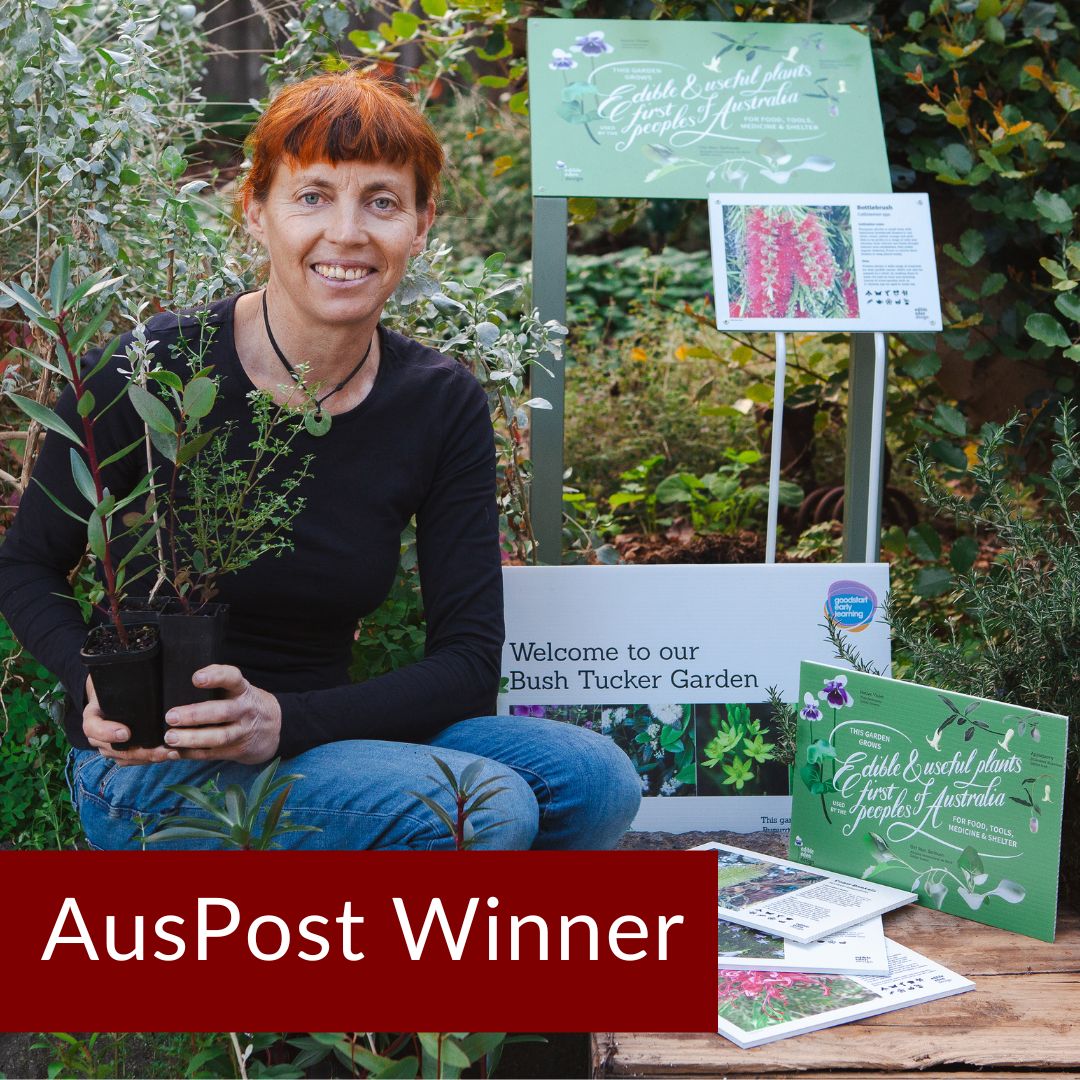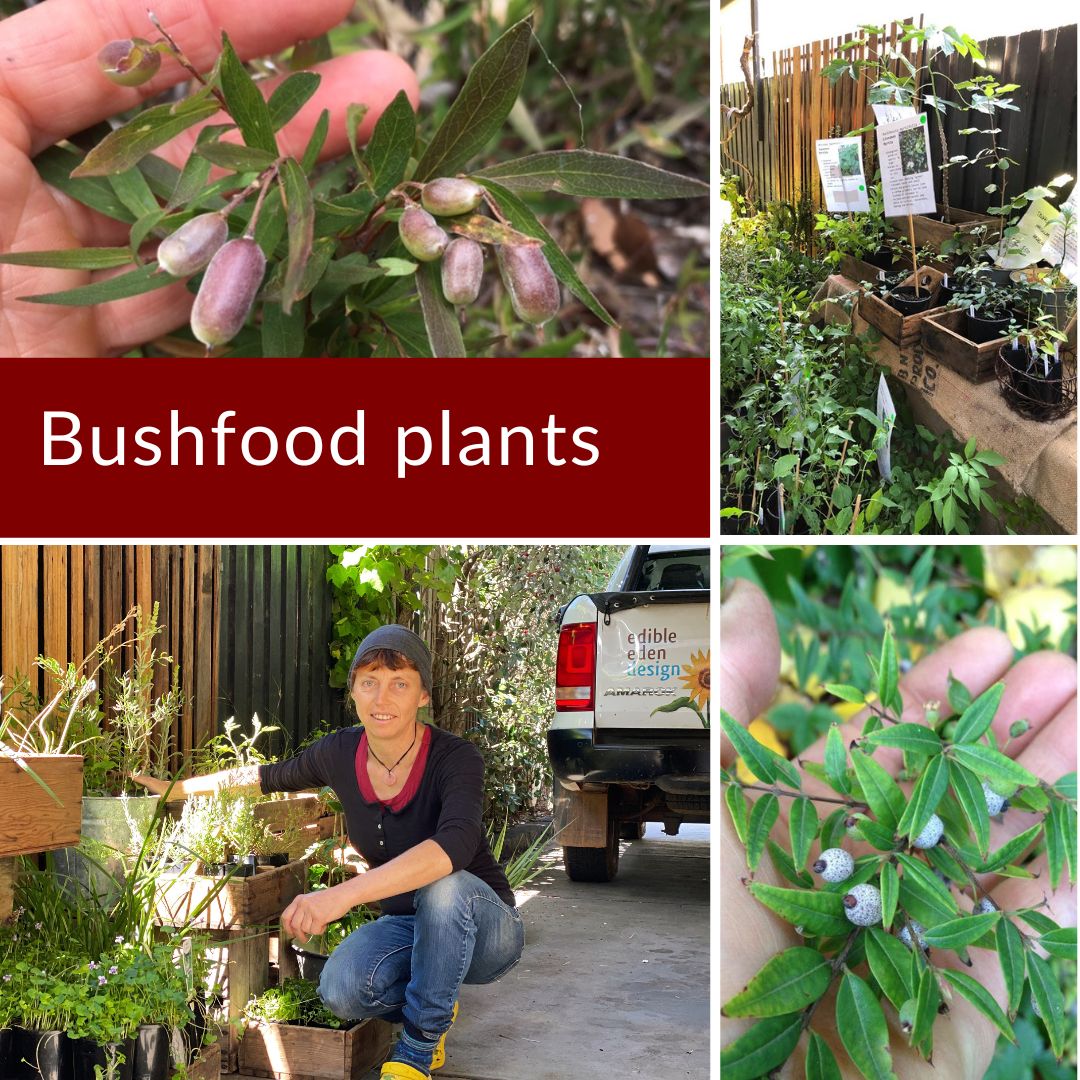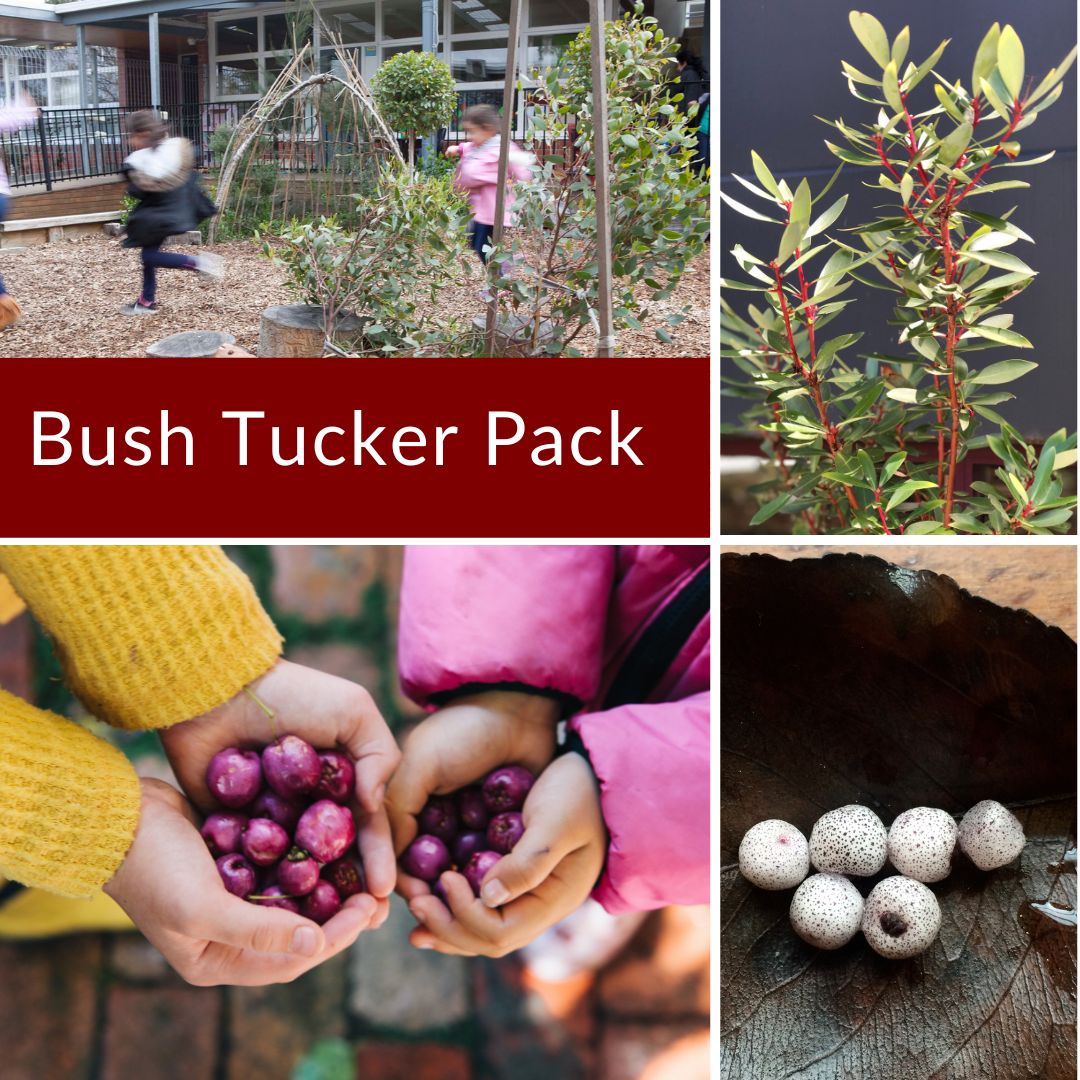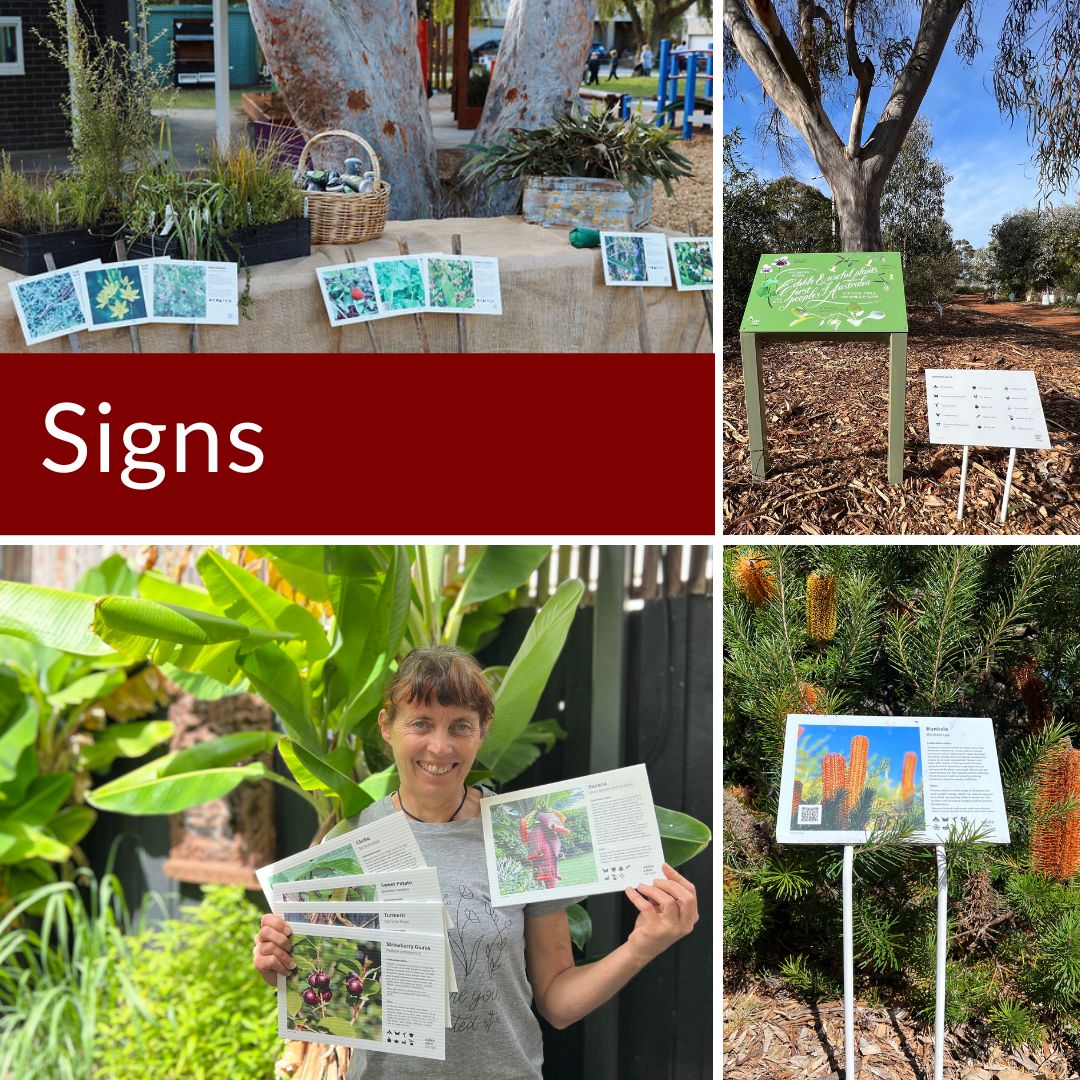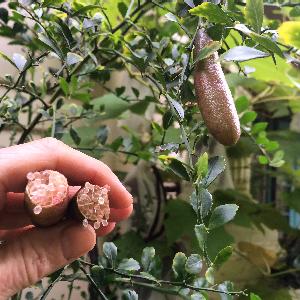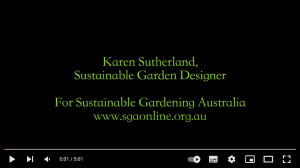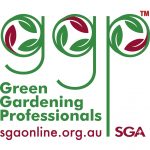Karen Sutherland & Edible Eden Design
Karen Sutherland brings a lifetime of food growing experience to her designs, teaching and writing, and focuses on edible and useful plants in her business, Edible Eden Design.
Karen’s story
Karen was born in country Victoria to a family of farmers and gardeners. After getting a taste of vegetable growing at the age of eight, when she dug her first garden bed, she continues her food-growing journey. Edible Eden Design grew from a desire to share her knowledge and passion for urban food growing with others.
She trained at CERES (Community Environment Park), Royal Melbourne Zoological Gardens, Burnley Horticultural College and a Permaculture Design Certificate with Bill Mollison. She continues to learn from her own garden laboratory, Gunyah, in inner Melbourne.
Karen writes for Organic Gardener and Green Magazine, and has self-published her first book, Tomato, with gardening guru Penny Woodward and cookery writer Janice Sutton.
She teaches a wide variety of classes, for councils and community groups. She is a regular on radio and she and her gardens have been featured many times on TV. Find out more about Karen’s private classes and workshops here.
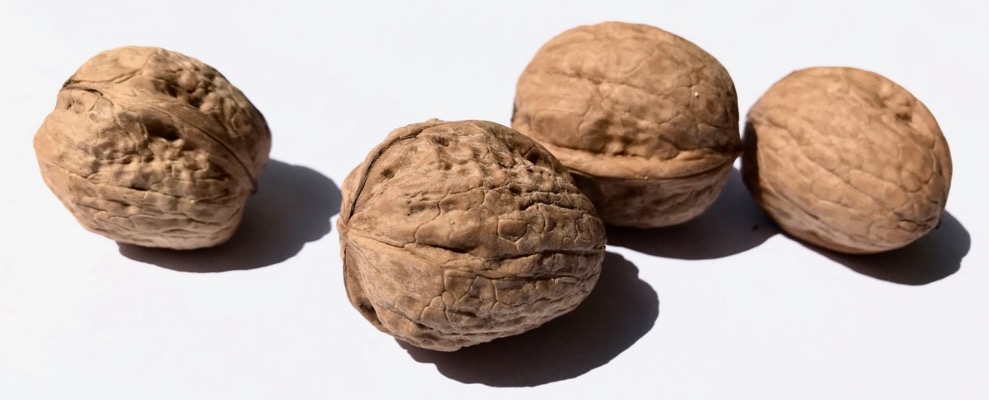
Edible Eden Design
Edible Eden Design was established over ten years ago by Karen, after working for many years designing and installing mostly ornamental gardens. Sharing her lifelong practice of home food growing with others was the seed from which Edible Eden Design grew.
Edible Eden works collaboratively on projects with community groups, schools, kindergartens and government organisations. From the concept stage through to installation, we supply tools, expertise and supervision as needed. Edible Eden also installs kitchen gardens for restaurants.
For home gardens, Edible Eden offers an onsite consultation and design service, which includes installation instructions.
Edible Eden has designed and constructed many specialised edible plant displays for events, including educational native food displays for Seymour Alternative Farming Expo; and a life-sized tractor covered in 3000 edible plants growing in 26 m2 of home-made wall gardens for a Moomba float.
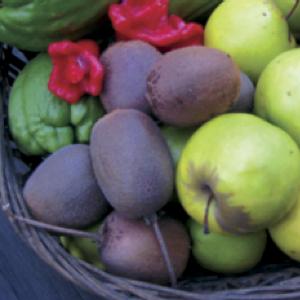
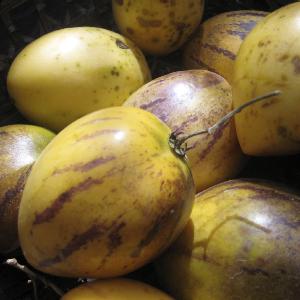
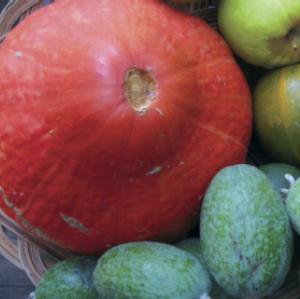
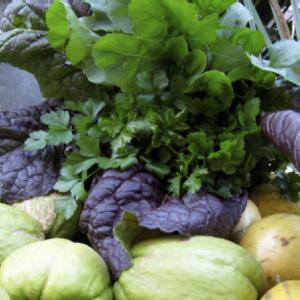
Karen’s gardening philosophy
The food we eat accounts for about thirty per cent of our carbon footprint. Growing food at home and managing our food waste is one way we can make a positive contribution to our planet. By choosing organic growing techniques and making good plant choices we not only reduce our impact, we also help to create safe habitats for insects, native birds, lizards and frogs. Embracing Australian native edible plants is another way to garden in harmony with the country we live in.
Karen has embraced these ideas in her own life for many years, practising the permaculture concept of a food forest – a long-lived, productive and resource-efficient gardening system. Karen’s work is informed by her own inner-city food forest, Gunyah. She believes that food forests can also be ornamental, with espaliered feijoas and avocados for screening, apple trees for shade, and edible flowers for colour and interest.
A seed-to-plate approach
Karen advocates a seed-to-plate approach. Growing heirloom seeds, nurturing self-sown plants and saving and sharing seeds ensures a viable food-growing future for our local communities.
Making the most of neglected areas
Urban gardens can be made more productive by using neglected spaces such as nature strips, roof tops and narrow shady areas. Pocket plantings of hardy long-lived edibles throughout the garden can expand your harvest beyond the ubiquitous vegetable box.
Harvesting all year round
To harvest all year round we need to embrace unusual varieties to fill gaps in the fruiting calendar, such as pepino, tamarillo and avocadoes. In the home garden, we can put vegetables such as yacon and perennial bell pepper on the menu, rather than just potatoes and capsicum. Learning the varied uses of plants also allows us to use them to their full potential, so your broad bean crop can supply edible leaves and flowers as well as beans for the table.
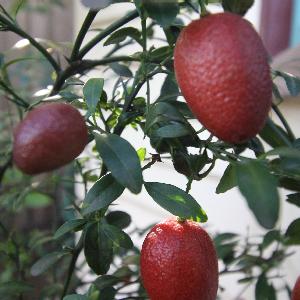
FINGER LIME
Finger limes are native to warmer parts of Australia but grow and fruit happily as far south as Melbourne. Being rainforest plants, they prefer a sheltered and slightly shaded position and regular watering. Like all citrus plants, they need regular feeding to fruit well. Choose an organic citrus food to nurture soil health. They grow well in pots in cold climates where the roots can stay warmer. On the far left is Pink Ice, the oldest finger lime in Gunyah, ripening around March in the shade of Gunyah, and on the left is my favourite, Blood Lime, ripening a bit later. Both are growing in pots. Like all citrus, they also need protection from citrus gall wasp. Check our Youtube video to find out how.
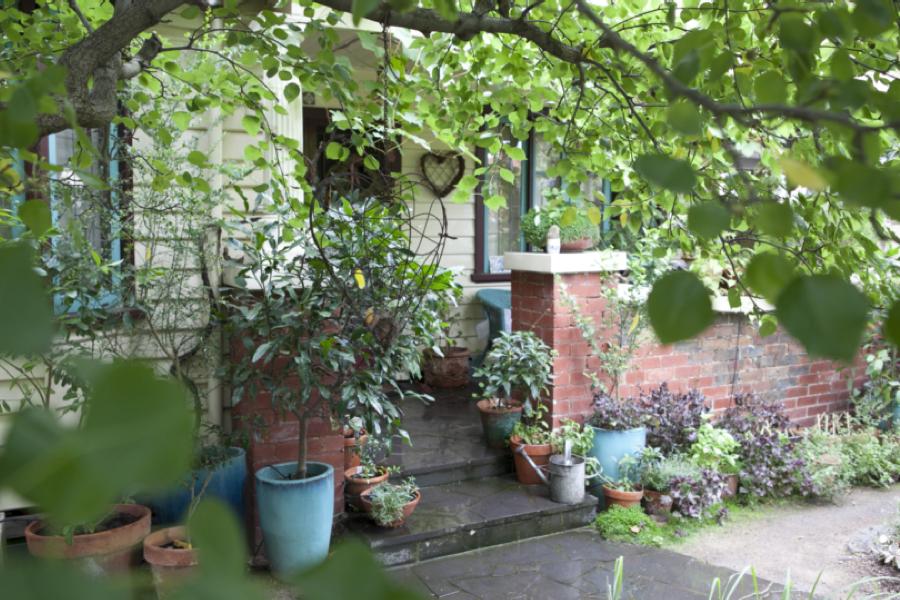
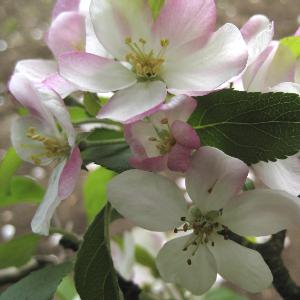
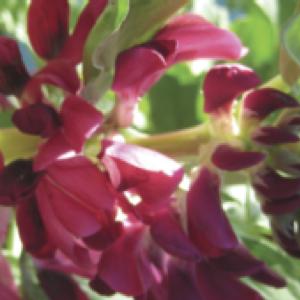
Gunyah Garden
Gunyah Garden is Karen’s home gardening laboratory, in the northern suburbs of Melbourne. With over 200 edible and useful plants, quails, chickens, rooftop bees and an aquaponics system, this garden is a living classroom for urban permaculture food growing.
Gunyah means home or resting place, and this garden nurtures Karen’s household and also her community, with a thriving verge garden. This garden produces and often exceeds the household’s needs in fruit, herbs, vegetables, honey, eggs, olives, beeswax, wine and other assorted produce. Over the last 30 years, the garden has developed from broken concrete and some rough sketches, to an urban food growing oasis, visited by hundreds of keen gardeners each year.
Food is growing everywhere, from the nature strip to the garage roof. Fruits ripen on shrubs, trees, vines and ground-covers throughout the year, and every space is filled by the many perennial and self-seeding vegetables and herbs. The garden aims to show what can be done in an urban setting to grow food and live sustainably. There are over 40 Australian native food plants, including saltbushes, finger limes and appleberries, growing with South American avocados and babacos, and carob from Crete. Pistachio trees produce on the nature strip; choko and kiwi vines ramble on fences, and the Fragola or Strawberry grape frames the front verandah, its distinctive strawberry scent hanging in the air.
The garden is constantly developing and changing so there is always something new for returning visitors.
Gunyah was open for the last time 2-3 March 2019 in Open Gardens Victoria, but you can book a private garden tour for your PDC, garden club, school or community group. The garden can also be visited by clients who are having their garden designed by Karen, to see the plants being used in their design.
Video links
Below are a selection of videos of Karen Sutherland and her garden, Gunyah.
There are more videos available on Karen’s YouTube channel.
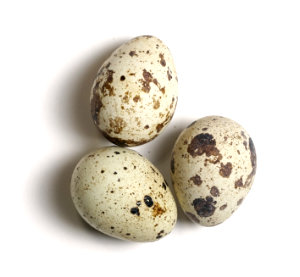
Gunyah Garden – ABC News Breakfast
In April 2012, ABC News Breakfast journalist Sarah Jaensch visited Karen’s Garden.
Vasili visits Gunyah Garden
Karen and her garden appeared on Vasili’s Garden in March 2012.
Edible gardening in the shade
Bruce Plain from Sustainable Gardening Australia interviews Karen on the subject of growing edible plants in the shade.
Media appearances
Both Karen and the gardens she has designed have appeared in various media.

ABC’s Gardening Australia
Karen and her gardens have been featured on ABC Gardening Australia television.
A Fruit Safari (Series 26 Episode 20)
Gardening Australia Fact Sheet
Tasty TAFE – William Angliss Institute (Series 29 Episode 23)
Gardening Australia Fact Sheet
Karen’s Garden (Series 21 Episode 27)
Gardening Australia Fact Sheet

Organic Gardener magazine
Karen writes regularly for Organic Gardener magazine. Topics include: growing and using native herbs; fruit tree growing; and growing native and exotic yams.

ABC Radio 774
Saturday Breakfast – gardening segment
Karen has enjoyed regular chats and talkback with Hilary Harper and her keen listeners.

green magazine
Karen has written the regular Permaculture Tips page in green magazine since 2016. Topics include: seasonal vegetable and fruit planting; making homemade fertilisers; caring for chickens, quails, bees and worms; preserving food; and saving seeds.
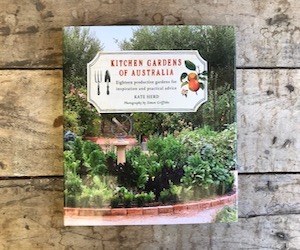
Kitchen Gardens of Australia
by Kate Herd
Garden designer and writer Kate Herd’s first book, featured Karen’s garden, Gunyah.
Available from Penguin Australia…

3CR Community Radio
Karen is a regular guest on the well-known gardening program hosted by Pam Vardy, on Sunday mornings, 7.30 – 9.15 am.
Sunday, 6 May 2018 Listen


